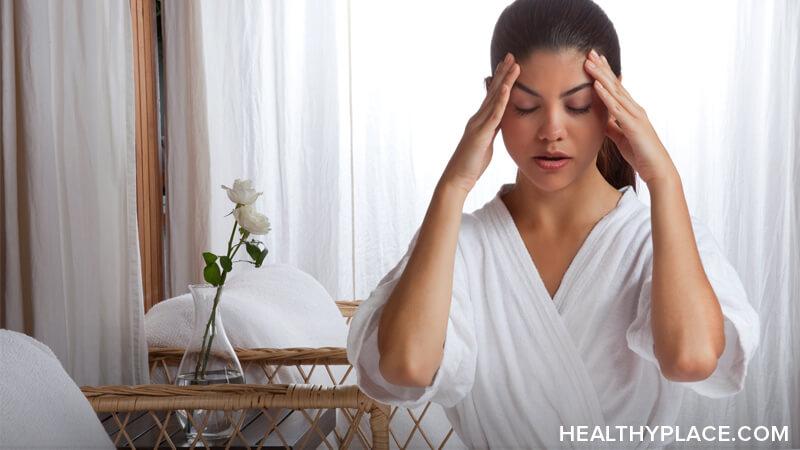Dependent Relationships Caused by Your Anxiety

Dependent relationships are more common than you think. For example, have you ever looked to someone else for reassurance when you felt anxious? Don't worry, you're not alone. Reassurance seeking is a common and often healthy process that everyone does to better understand and accept the decisions we make. However, when we go to someone for help every time we feel anxious, this can create an unhealthy dependence that reduces the quality of the relationship and can exacerbate your anxiety.
This is a central tension that is quite challenging to balance when you experience anxiety: how do you cultivate strong social support from others while not developing a dependent relationship?
The Importance of Balance to Ward Off Dependent Relationships
This may not sound like an issue that you need to focus on, but I think it's quite common and does have a negative effect on important relationships. When you talk to someone primarily about your anxiety or ask them for help frequently for your anxiety, the relationship ultimately ends up revolving around you. Healthy relationships require give and take, and when anxiety becomes the central focus of your discussions with someone, that necessary balance is thrown off.
Although this may not have consequences in the short-term, this can lead to frustration and even withdrawal from your friend, partner, or family member. That kind of dependency is also unhealthy for you. Depending on someone else to handle your anxiety perpetuates the falsehood that you are unable to cope with anxiety without outside assistance. Consequently, developing dependencies like I describe above not only have the potential to cause difficulties for the other person but ultimately impede your ability to reduce anxiety in the long-term.
To be clear, this does not mean that you should avoid discussing your anxiety with others, as being open about your experiences is a crucial part of developing close relationships. Instead, use the signs discussed below to identify when you might be developing dependency in a relationship and may benefit from changing how you interact.
Signs of a Dependent Relationship
- You only talk when anxious. This is probably the most glaring sign that you may be developing a dependent relationship. If you notice that the only times you reach out to a friend or family member is when you're dealing with anxiety, it may be that you have begun to feel dependent on them for addressing your anxiety. In this case, I would suggest taking a moment to pause the next time you want to reach out to that person. Do a quick check-in to see what is motivating you to call; and, if it's primarily your anxiety, remind yourself that you can handle those feelings on your own.
- You mostly talk about your anxiety. This is to the sign above, but this can be handled in a different way. If you think about your most recent conversations with the other person and notice that you've talked about your anxiety most of those times, then it may be time to think more about that person instead to re-establish balance. For example, the next time you go to talk, set a goal of discovering three new things about that person. This could mean asking about his or her week, or what that person has really enjoyed doing recently. This way, you can still discuss your anxiety but you've also taken steps to bring the focus back to the other person as well.
- You focus on yourself. Sometimes it's hard to recognize when we're focusing more on ourselves than the person we're talking with, and noticing this can help you shift attention from yourself. Even though you may not be discussing your anxiety specifically, you may still be relying on the other person to reassure you. This is a healthy activity in moderation, but if you notice yourself primarily talking about things related to you, then it may be time to step back and look for ways to redistribute the focus of your conversations. This will help you and the other person feel better about your interactions in the long-term even if it feels a little bit more difficult in the short-term.
I hope these tips will help you identify cases where you're relying on others to resolve your anxiety (and building a dependent relationship) rather than addressing it yourself. Even though it can help you feel better in the moment, maintaining healthy relationships requires balance in who you talk about and how you share challenges with each other.
Have you identified any dependent relationships in your life? Share your thoughts in the comments.
APA Reference
Abitante, G.
(2019, December 8). Dependent Relationships Caused by Your Anxiety, HealthyPlace. Retrieved
on 2026, January 19 from https://www.healthyplace.com/blogs/treatinganxiety/2019/12/dependent-relationships-caused-by-your-anxiety
